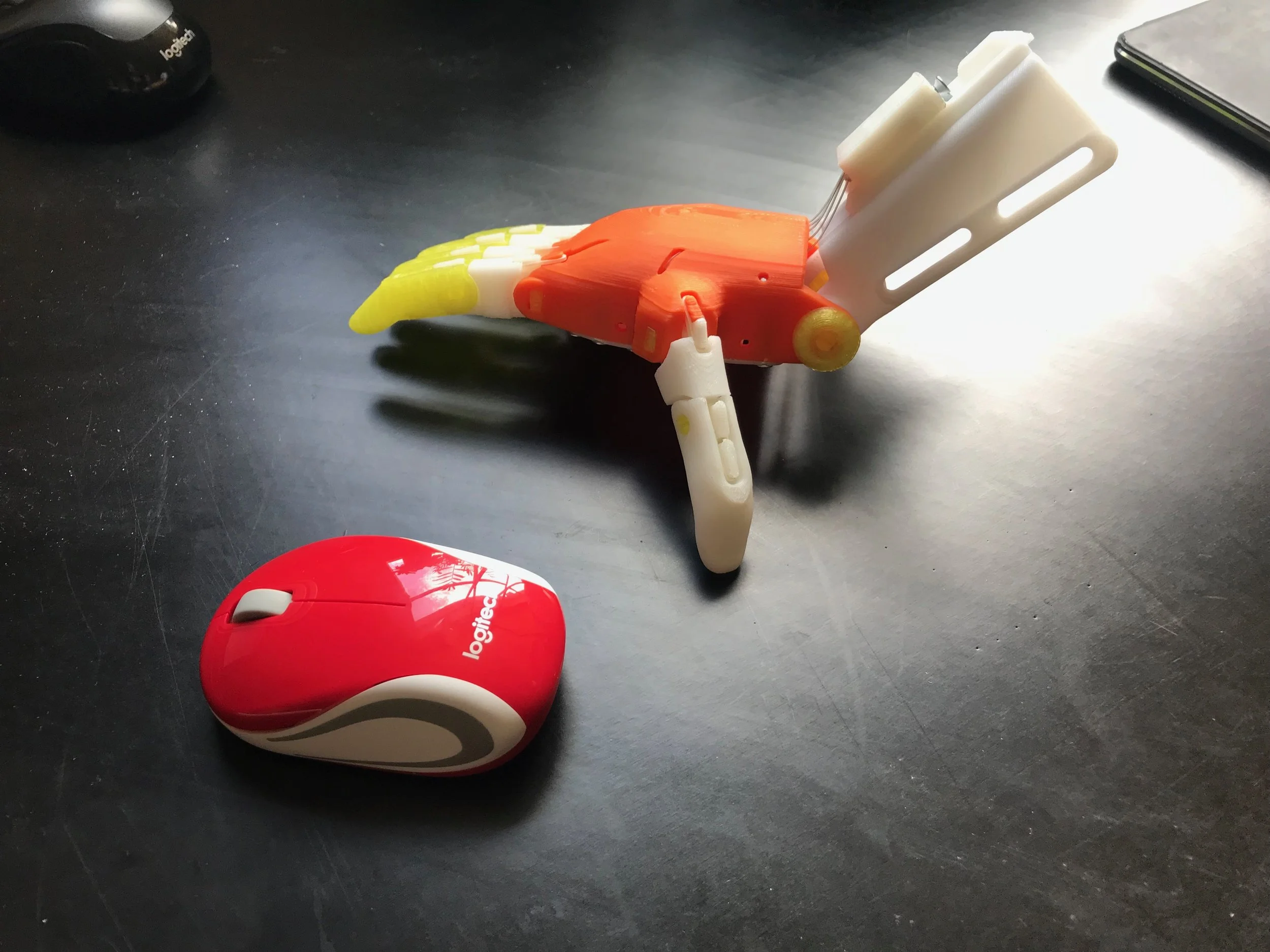Post 2 - Background
https://www.limbforge.org/limb-loss
Factors exacerbating the difficulties faced by people in need of prosthetics have been highlighted on the Limb Forge website. One of the largest issues is that thirty to one hundred million people are lacking sufficient access to prosthetic care, with only one in ten individuals in need, have access to prosthesis care.
A large reason for this limited access is the cost involved in creating complicated, customised parts to fit each individual.
3D printing technology is drastically democratising manufacturing of customised parts. Its ability to rapidly and at a low cost produce complicated parts are ideal for the prosthesis industry because of the ease that parts can be modified. The inherent differences in the dimensions and needs of individuals is a factor in the huge cost of traditional prosthetics. 3D printing is also decentralising manufacturing, meaning that people in need on prosthetics have less of a reliance on the specialised tools normally needed to create prosthetics and allow parts to be printed locally.
Through 3D printing services, such as Hubs with a network of over 7,000 manufacturing services and Shapeways, anyone with an internet connection and a computer can now access 3D printed parts. Through 3D printing, accessing complicated, customised prosthesis parts are now becoming available and affordable to more people.
Unfortunately, not all those in need have access to computers or 3D printing services.
An online community closing this lack of access and providing these specialized parts to those in need is Enabling the future.
Enabling the future is tackling this problem by uniting people with the means to those in need. They are achieving this through an open source platform, where volunteers design 3D models of prosthetics, upload the files to the website, are then printed by the users with low-cost 3D printing.
From Enabling the future website and downloaded via Thingiverse.
Requires wrist to activate grasp and one grip pattern.
Open-source and low cost
Myoelectric controlled,
Fourteen grip patterns,
Customisable, long lasting and expensive.
Large control points,
Moderate low cost.
No hands required,
Free,
Poor accuracy and control.





